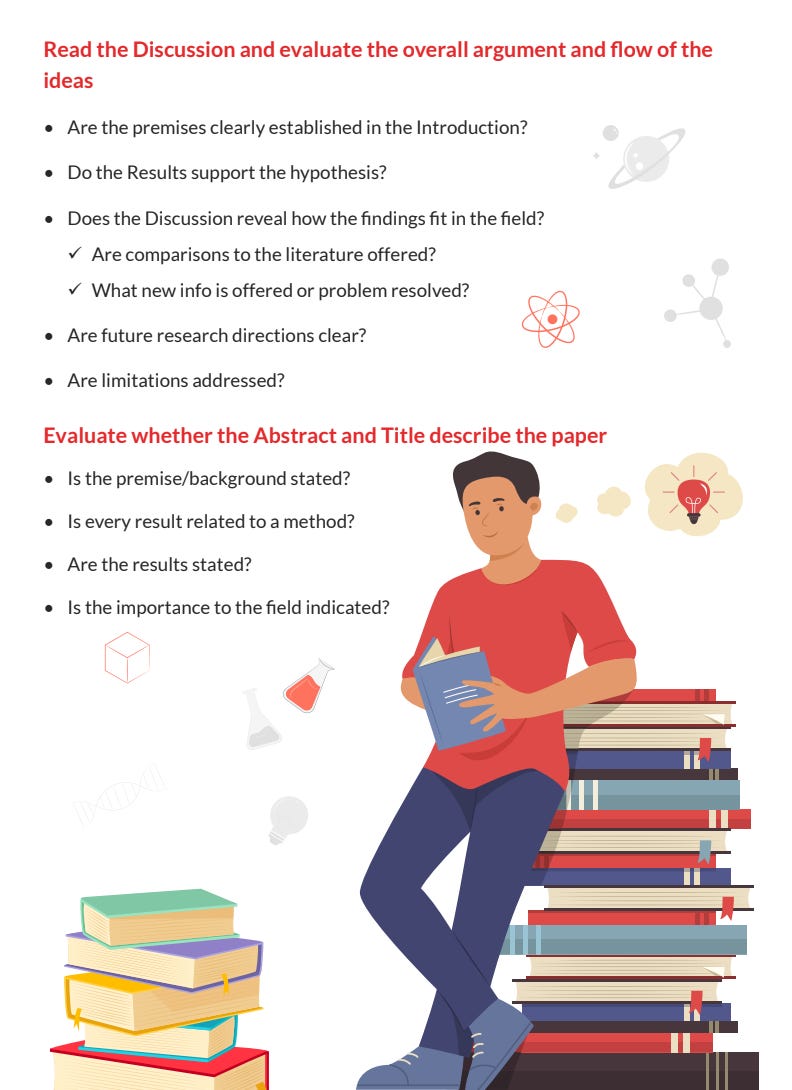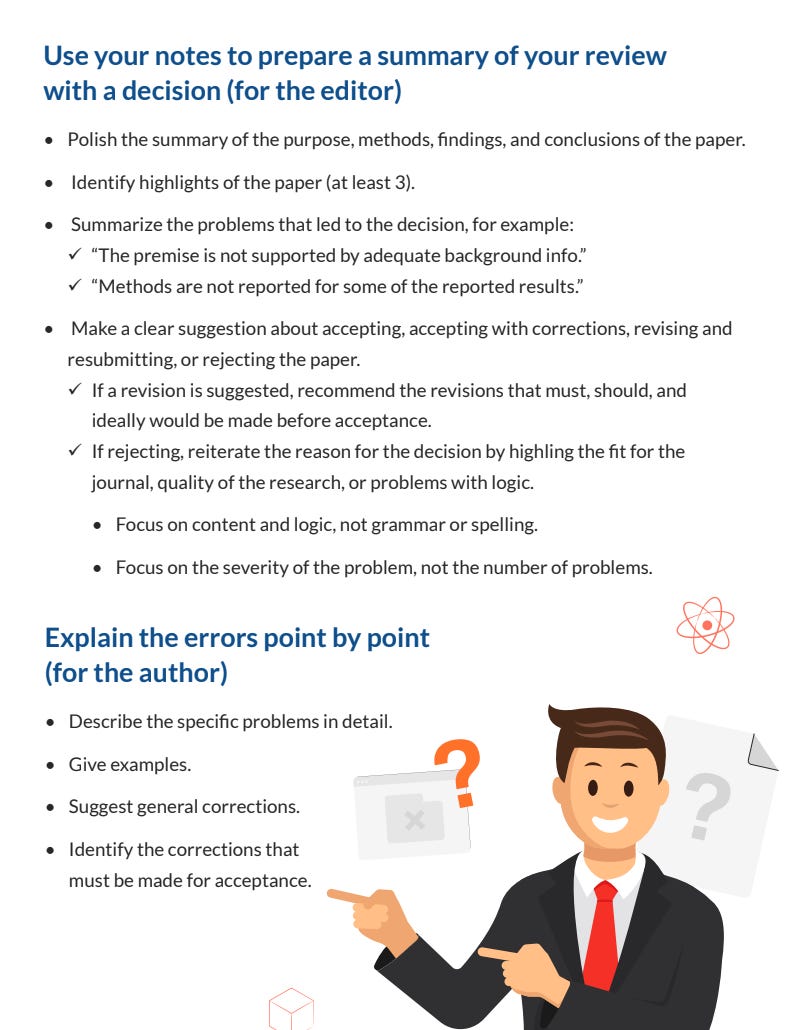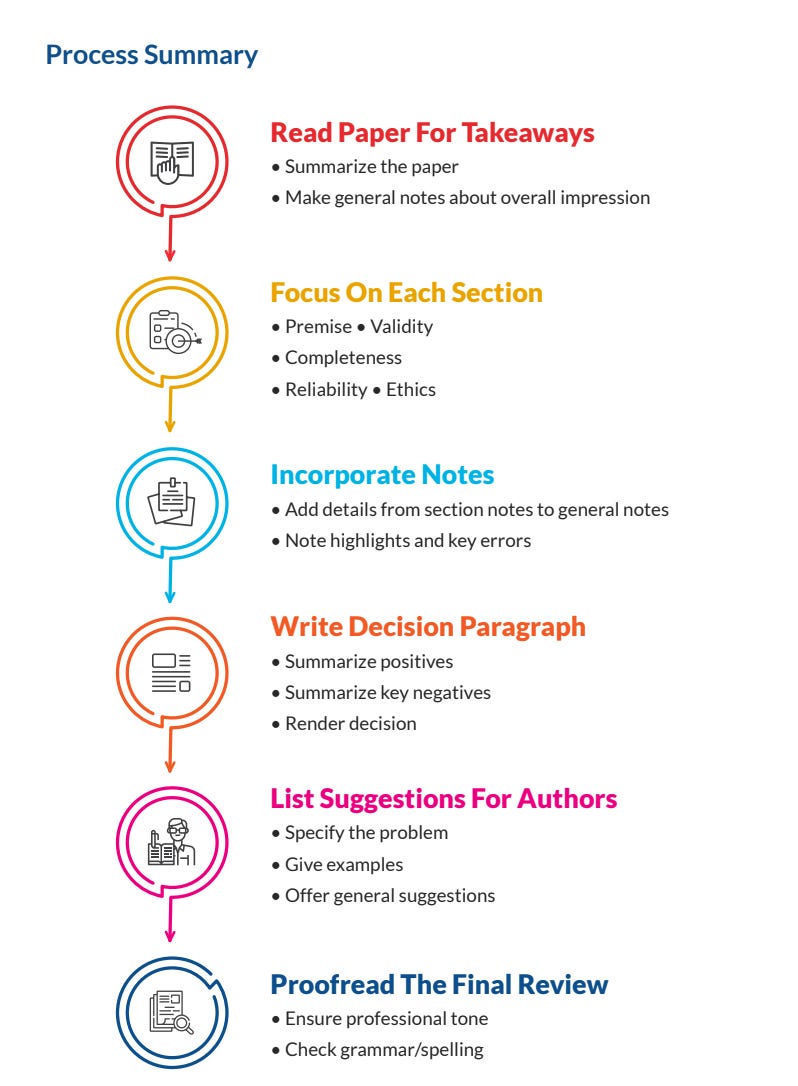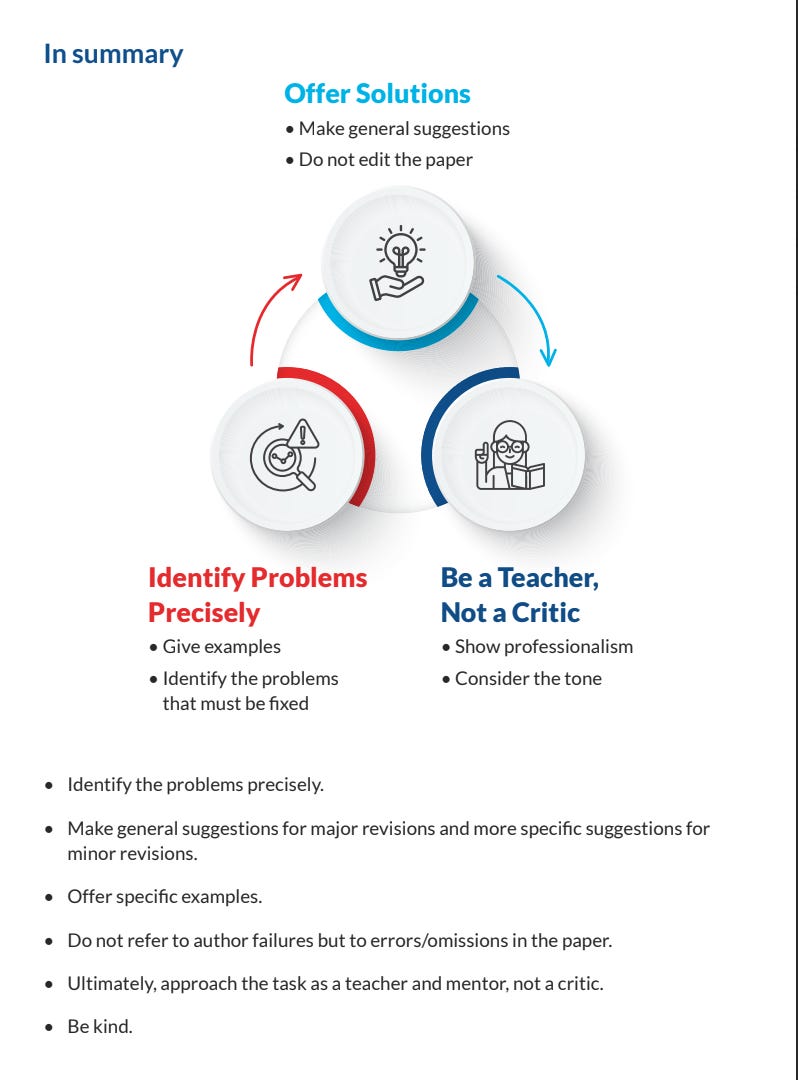'HAS versus HAVE', and HOW to Peer Review a Paper: A Simple Step-by-Step Guide ....
Virtus Publishing's latest language tip! AND Scroll down to learn HOW to peer review a paper ...
This section is sponsored by Virtus Publishing: You can get 20% off self-publishing your book with Virtus ….
In a series of posts within posts, our friends at Virtus Publishing will provide tips and advice covering many aspects of publishing. This next series will be an ongoing selection of language tips, covering areas that many copy editors (and authors) find difficult. These will be short and to the point.
Virtus Publishing Language Tip #6: “Have” versus “Has”
Questions concerning the use of “have” versus “has” come up often, for example whether we would say, “a group has” or “a group have.” As is the case with many issues in English, the short answer is that it depends.
Which of these is correct depends on the context in which the phrase is being used, specifically whether we are referring to the group as a single unit (“group has”) or as separate members (“group have”).
Here are two examples that are similar, from The Chicago Manual of Style:
When the subject is a collective noun conveying the idea of unity or multitude, the verb is singular:
The nation is powerful.
When the subject is a collective noun conveying the idea of plurality, the verb is plural:
The faculty were divided in their sentiments.
∎
Regarding the use of “group,” we have two possible scenarios that are similar to the “faculty” example from CMS above:
The tour group has decided to take a cruise.
In this scenario, unity is being expressed. They are treated as a single unit because they are in agreement: we use “has.”
The tour group have disagreements over whether to take a cruise.
In this scenario, plurality is implied. They are treated separately because they are in disagreement: we use “have.”
Here’s another similar example, using “is” versus “are.”
The tour group is enjoying the cruise.
In this scenario, again, unity is implied. They are treated as a single unit because they are in agreement: we use “is.”
The tour group are bickering over where to go after the cruise.
In this scenario, they are treated separately because again, plurality is being expressed. They are in disagreement: we use “are.”
When we are writing or copyediting it is imperative that we pay close attention to all text as concerns meaning and context.
Like this post? Follow Virtus Publishing on LinkedIn!
Have you ever wanted to publish a book?
Virtus Publishing’s self-publishing services can make it happen! A global service provider, Virtus has the industry experience and dedicated staff to turn your book idea into reality. Send an email to david@virtuspublishing.com to set up a free consultation. Mention the keyword “Cruise” and receive 20% off your first order.


















